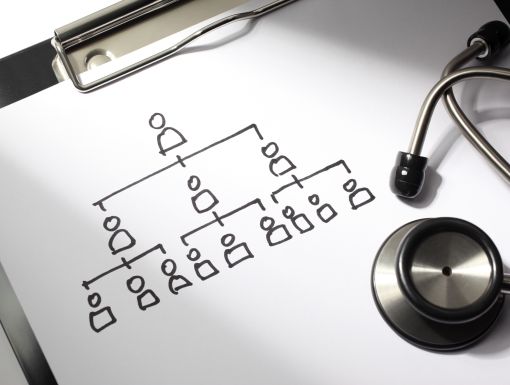
What to Do If You Have Coronavirus
Currently, there is no vaccine or specific antiviral treatment recommended for coronavirus (COVID-19). Patients that have COVID-19 or suspect they have COVID-19 should receive supportive care to help relieve symptoms. For a majority of patients infected with COVID-19, this supportive care will be able to be managed at home.
If you or a family member do start to experience symptoms that sound like COVID-19, before you visit a hospital, clinic or an urgent care facility, you should reach out to your physician or nurse through Ochsner Connected Anywhere; the MyOchsner patient portal, which allows you to connect with your primary care physician or pediatrician; or call the Ochsner COVID-19 Info Line, our free nurse care line (1-844-888-2772). Your physician will be able to help navigate your symptoms to decide what is the best treatment option.
If your physician thinks your symptoms can be treated at home, follow these steps to help manage your symptoms and help protect other people in your home and community.
- If you have or suspect you have COVID-19, you should go into isolation. COVID-19 is spread through person-to-person infection so you need to self-isolate to reduce the risk of others catching it too. If you live at home with other people, stay in a specific room and away from other people in your home. Also, you should use a separate bathroom, if available. Avoid leaving your house to reduce the spread of the virus more.
- Avoid sharing personal items with other people in your household, such as dishes, cups, dinnerware, towels and bedding.
- Get rest and stay hydrated.
- Cover your coughs with your elbow and sneezes with a tissue and immediately throw the tissue away.
- Wash your hands frequently with soap and water for at least 20 seconds or clean your hands with an alcohol-based hand sanitizer that contains at least 60% alcohol.
- The role of fever-reducing medications in the management of COVID-19 is uncertain at this time. You should have discussion with your provider prior to using these medications
If your symptoms start to worsen and you develop emergency warning signs for COVID-19, you should get medical care immediately. Call 911 and let the operator know that you have or are suspected to have COVID-19. Some warning signs include but are not limited to:
- Trouble breathing
- Persistent pain or pressure in the chest
- New confusion or inability to awaken
- Bluish lips or face



